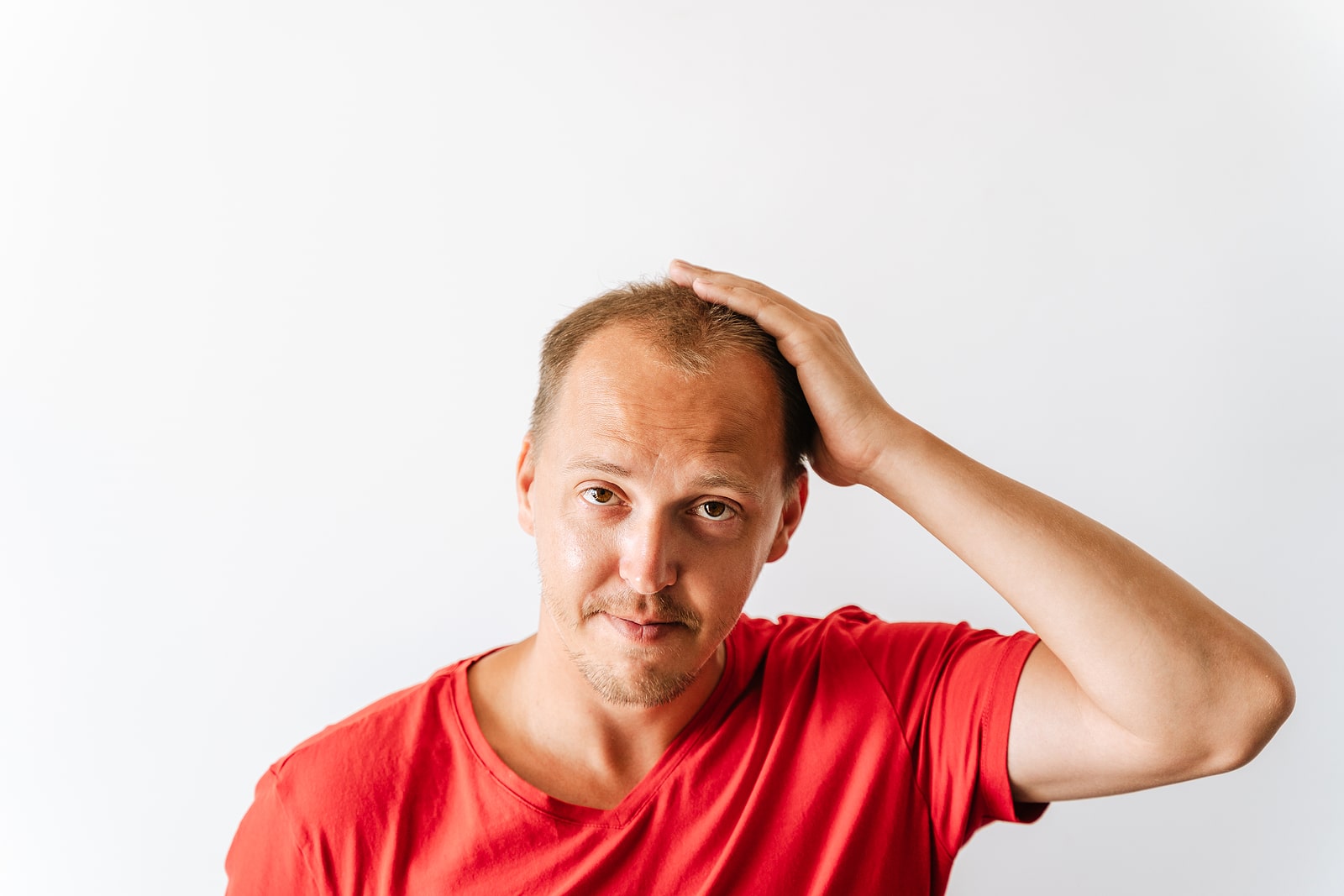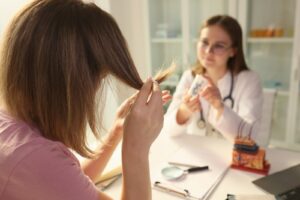Hair restoration procedures are increasingly common. In fact, in 2019, an estimated 735,000 hair restoration procedures were performed worldwide. Since surgical hair transplants are medical procedures, they require comprehensive aftercare in order to deliver the desired result and heal properly. Read on for Eldorado’s guide to hair transplant aftercare.
Recovery Time
One of the main things people are concerned about when it comes to a hair transplant is recovery time. Most people don’t have lots of time to take off of work and daily routines to recover from an elective surgery. Beyond this, in many cases, this may be unpaid time off. Fortunately, recovery time for a hair transplant procedure is generally not very long. Though it depends on a variety of specific factors, you will likely be able to return to regular activity in 5-9 days. If your job does not require a lot of physical activity, you may be able to return even earlier.
Washing
When you can wash your hair after a hair restoration procedure also depends on unique factors. You will want to consult the specific care guide provided by your hair transplant professional. However, in most cases, you will be able to wash your scalp and hair relatively soon after your surgery. For example, about 5 days after a hair transplant, your scalp should be healed enough for gentle washing. Swelling and soreness should be significantly reduced by this point. If not, you should contact your hair restoration service immediately. Otherwise, gentle rinsing with water to remove dried skin and scabs is a good idea. Shampoo should be avoided as long as possible.
Haircare Routine
You will likely be able to return to normal haircare after 10-14 days. Your skin may still be a bit red or scabbed at this point, but it’s likely normal. If you are still concerned at this point, contact your hair restoration professional. There should not be excessive pain at this stage in the healing process. You should be able to wash your hair and scalp as usual. Try to use a gentler, less abrasive shampoo. If your hair restoration company has provided specific products, make sure to use them. A good routine to follow may consist of:
- Tepid water
- Sulfate-free shampoo
- Clean water
- A cup or jug to pour the water
- A washcloth
You will want to carefully pour the water over the transplanted and donor areas. Pat the areas gently and wash suture lines in a circular motion. You will then need to ensure all sides are rinsed thoroughly. Natural drying is best.
Pain
As mentioned, you may deal with a little bit of pain during your hair transplant recovery. A hair transplant is, after all, a surgical procedure. There will likely be some mild pain in the days or weeks after your surgery. You may be prescribed some medication to deal with it. Talk to your hair transplant provider about your pain and let them know about your progress. They can help you manage your pain effectively and ensure you are not experiencing any unusual complications.
Regular Check-Ups
Your hair transplant service will work with you to plan check-up appointments. It is very important to attend all of your appointments. Only a professional can ensure your hair transplant is healing properly and your results are coming in appropriately. Side effects and healing issues can be serious, so if you notice anything unusual, contact them immediately. Everyone’s body heals differently, so there are no specific rules to which all patients can adhere.
Final Checkups
About a year after your procedure, your hair restoration company will likely schedule a final check-up. They will want to assess your hairline and the transplant and donor areas at this time. If everything looks how it should, more procedures should not be needed. In some cases, more treatment might be needed. This is not necessarily abnormal as all people respond differently to surgical hair restoration procedures. Talk openly with your hair transplant provider and let them know about any side effects as well as how happy you are with your results. If you are not totally satisfied, you should let them know. There may be more that can be done to help achieve your ideal hair look. Otherwise, it is important that they are able to ensure you have healed properly and will not have to deal with any complications.
Work with a Baltimore Hair Restoration Company
Eldorado offers a range of professional, FDA-approved hair restoration services in Maryland. We work with all of our patients to ensure lasting results and a healthy recovery. Contact us with any questions, or schedule a free hair analysis.





